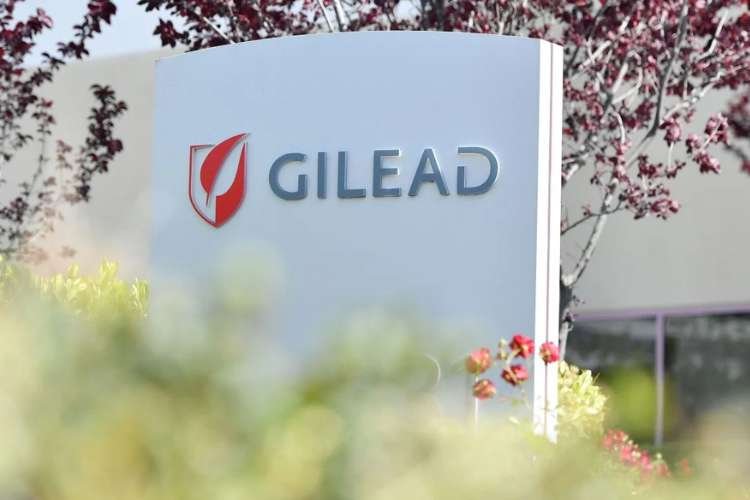Gilead Sciences is taking a unique approach to secure early access to Assembly Biosciences’ promising programs. Instead of an outright acquisition, Gilead is investing $100 million upfront to obtain opt-in rights for all current and future initiatives within Assembly Bio.
In recent years, Assembly Bio has faced multiple clinical challenges, shifting its focus from the cure to the management of hepatitis B. Subsequently, they discontinued certain drug candidates due to safety concerns and subpar efficacy. As their cash reserves dwindled below $60 million, and their share price struggled to reach $1, the company scaled back aspects of its pipeline to conserve resources.
Now, Gilead is breathing new life into Assembly Bio with an $84.8 million upfront payment and a $15.2 million equity investment, which secures Gilead a 19.9% stake in the biotech. Furthermore, Gilead has the option to acquire an additional 29.9% of Assembly Bio’s stock. This strategic alliance, as Assembly Bio CEO Jason Okazaki stated, empowers them to build a comprehensive life sciences organization while maintaining their independence. Gilead’s investment provides the funding necessary for Assembly Bio to advance their programs to specific opt-in points.
In return for their financial commitment, Gilead secures the exclusive rights to all of Assembly Bio’s existing and future initiatives, with opt-in decisions made at the conclusion of phase 1 or, with extensions, at the end of phase 2. Each opt-in is valued at a minimum of $45 million per program, and Assembly Bio stands to receive up to $330 million in regulatory and commercial milestone payments for each program.
This partnership binds Assembly Bio and Gilead together for a 12-year period. Should Gilead wish to acquire an Assembly Bio asset, pre-arranged terms are in place. Nonetheless, Assembly Bio retains its own commercial opt-in options, preserving its independence.
In the words of Okazaki, the collaboration structure acknowledges that not all initiatives will be opted into by Gilead. The deal also grants Assembly Bio the option to participate in profit/cost sharing and act as a co-promoter for new compounds.
Looking ahead, Assembly Bio is advancing its in-house candidates in tandem with two programs contributed by Gilead. The goal is to have four molecules in clinical development by the end of the next year. ABI-4334, a core inhibitor that Assembly Bio paused work on in April to conserve resources, is one such candidate that will be reignited with the aim of reaching the phase 1b milestone. Additionally, Assembly Bio is gearing up to initiate trials for a pair of herpes simplex virus (HSV) therapies. Gilead’s contribution, a helicase-primase inhibitor, complements Assembly Bio’s efforts and positions them to launch two HSV programs into clinical development. Assembly Bio’s hepatitis delta virus drug is also among the assets close to clinical testing.
This strategic collaboration echoes Gilead’s prior agreement to invest $3.95 billion upfront for exclusive access to all existing and future Galapagos compounds. While Gilead aimed to augment its research capabilities, Galapagos sought to maintain its independence and evolve into a mid-sized biopharmaceutical company. In this case, the dynamics soured quickly.





























